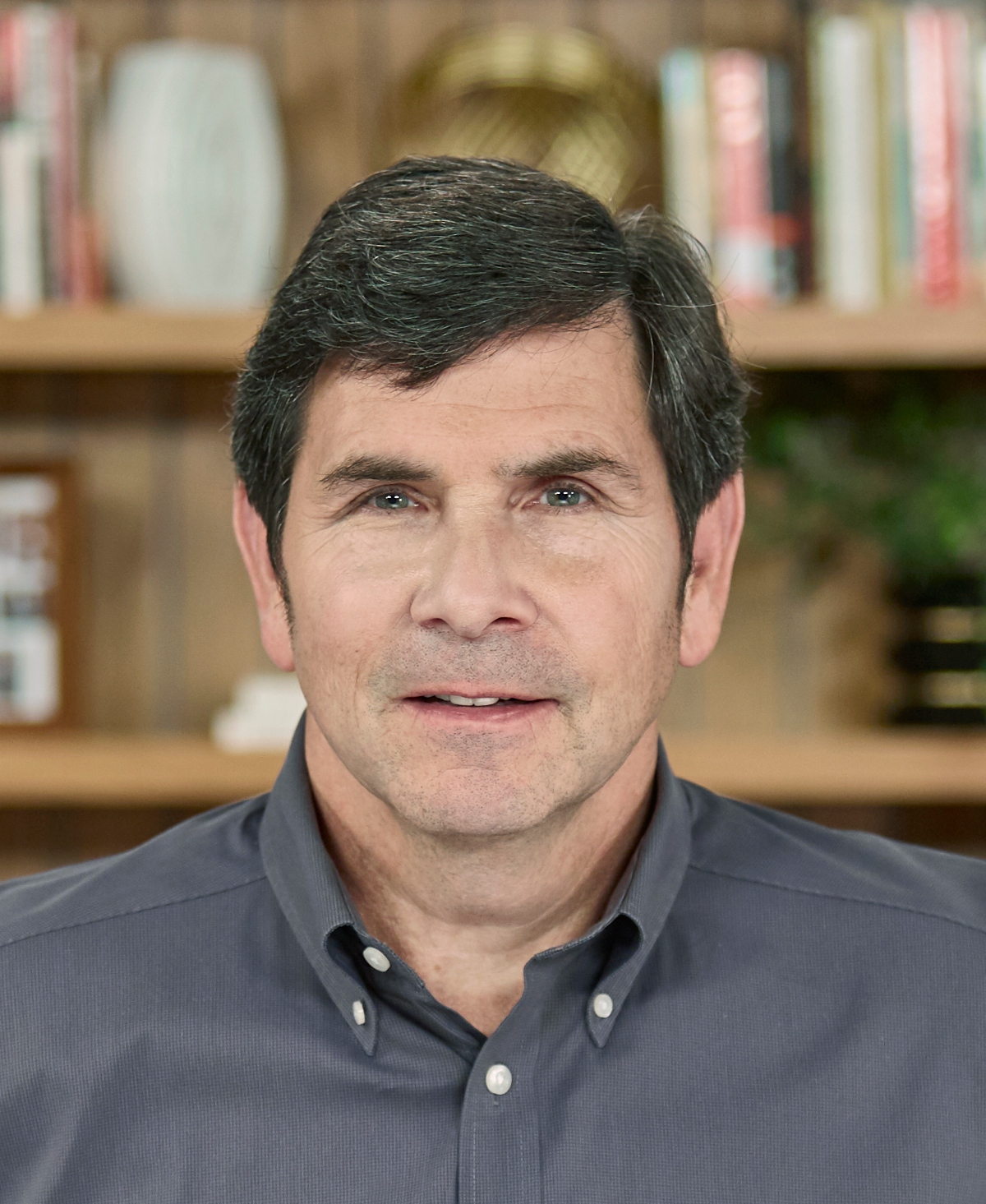“We made a good team, didn’t we?”
These were among the last words of a dying man, supinely whispered to his spouse of nearly 60 years.
The eyes of husband and wife met one final time, and wistful, knowing smiles were exchanged in a quiet benediction for a holy moment: Mr. Virgil Rainey passed from his wife, Jewel, from life in this world and into the presence of the Savior he trusted.
My wife and I had come to know these dear folks while I served as interim pastor of a small congregation in late 2019. When I had begun filling the pulpit at Good Shepherd Church in rural North Carolina, the term “COVID” had not entered the public vernacular. Months later, it seemed to be the most repeated word in the world — and for a punishingly long couple of years, it probably was.
In some ways, the world would change forever. But as it has for all of history, human nature would stay the same. More about that in a moment.
One is not in the pastorate long before hospitals, emergency rooms, and, yes, funeral homes become fairly common workplaces. This part of the minister’s vocation—serving the Lord by serving bereaved families—is truly an honor.
I had only been in seminary a matter of weeks when asked to assist a nearby church that had no senior minister. Only days into that assignment, I found myself at the bedside of a dying church member. Shortly thereafter, this seminarian was nervously preparing to officiate his first funeral.
(Let me gratefully express my belief that there will be ample crowns in heaven for helpful mortuary Directors who kindly assist first-time pastors entering the realm of bereavement ministry; God’s blessings on you all.)
As pastoral experience accrued and numerous end-of-life ministry experiences came along, something became vividly clear: When death is near, people only care about two things: God and family. Rural or urban, the context didn’t matter. Cultural and economic status aside, the sentiments were the same: In the final moments of life, people care about the Lord and their loved ones.
This is deeply significant: I’ve never been at the bedside of a terminal patient expressing regret over not having driven nicer cars. Never have I listened to a dying man lament not having spent more hours at the office. No one, in the “final moments of the fourth quarter,” obsesses over the number of followers on any social media platform. Nope. Not at all.
But in 35 years of pastoral care, I have come to expect the guaranteed pattern that flows from our ingrained human nature. If, in the providence of God, our final breaths are experienced with any degree of consciousness, we will be thinking about relationships.
What relationships? Without fail, God and family. I have, on at least two occasions, called on persons who were one day professed atheists and, less than 24 hours later, were gratefully received everything I could tell them about the promises of a merciful God.
It is humbling to encircle a dying person and pray, holding hands with loving family members who (I would later learn) had previously not been on speaking terms for years. An impending “goodbye” has a way of arousing us from the stupor of unforgiveness and grudges. Perhaps death and sudden awareness of mortality enable us to hear God’s Holy Spirit, who had been gently calling all along.
Yes, God and His love make for “a good team.”
Virgil Rainey’s sweet parting words to his faithful wife I found especially meaningful. The word “team” was apropos because many decades ago, Virgil had been a minor league baseball star. In his younger days, Rainey had been on baseball teams that won league championships around the U.S. But his faith in Jesus made him part of the greatest line-up of all — the redeemed of the Lord.
In a world of materialism, narcissism, and, well, unrelenting noise, God freely offers that which is priceless: Salvation. A loving community called “the church.” Marriage, family, Christian growth, and assurance through the promises of His Word. The Raineys (and countless others) knew that life’s real treasures are found — nowhere online — but in everyday life.
The Old Testament prophet Micah (6:8) speaks of the Lord’s call and expectations for each of us: to “act justly, to love faithfulness, and to walk humbly with your God.” The Hebrew word “hesed”—often translated here as “mercy” or “kindness”—is a term rich with meaning. It speaks of God’s “covenant faithfulness,” which He (as much as we will allow) will cultivate in our own lives.
Love. Commitment. Sacrifice. Faithfulness. These holy attributes — which are guaranteed to forge lasting relationships — make life truly fulfilling. Better to seek them now, while they may be cultivated and enjoyed. Our mortal lives — like the “bling” of this world — are quickly gone. Isn’t God gracious, to give us the opportunity to prioritize now?
RELATED PODCAST
Photo Credit: ©Pexels/August de Richelieu






